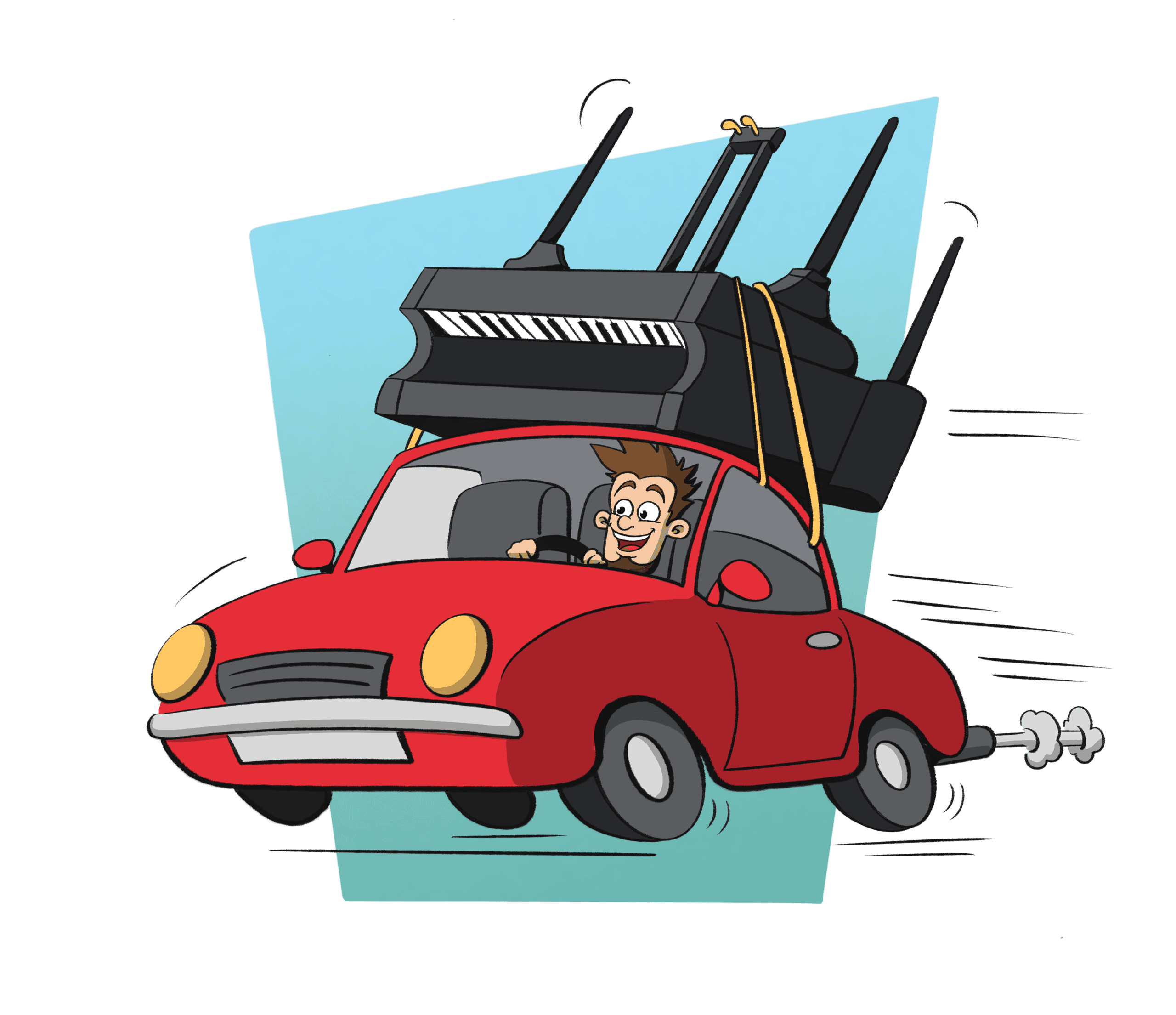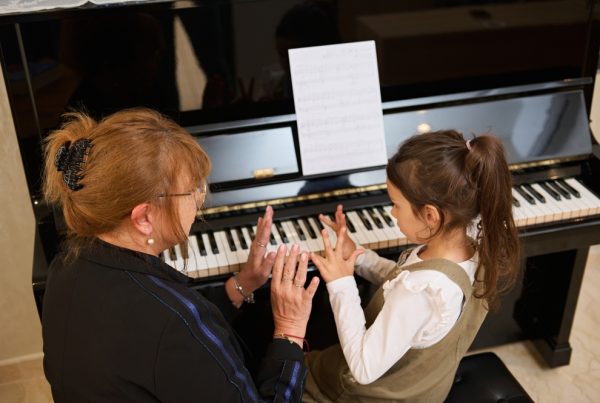Choosing in‑home piano lessons for kids means expert instruction, zero commute, and a learning routine tailored to your family’s schedule. This guide explains how Volz Piano’s Piano Teachers That Drive to You program works across Utah, why mobile instruction accelerates progress, and how to create a motivating practice environment that turns young beginners into confident musicians.
Table of Contents
- Why Choose In‑Home Piano Lessons for Kids
- How Volz Piano’s Piano Teachers That Drive to You Works
- Educational Benefits of In‑Home Piano Lessons
- Parental Involvement and Practice Strategies
- Creating the Perfect Home Piano Environment
- Choosing the Right Piano and Accessories
- Tracking Progress and Celebrating Milestones
- Frequently Asked Questions
1. Why Choose In‑Home Piano Lessons for Kids
1.1 Convenience That Fits Busy Family Life
The primary keyword in‑home piano lessons captures parents’ top priority—saving drive time while providing quality instruction. With in‑home piano lessons for kids you can schedule sessions around homework and sports without rushing across town.
1.2 A Familiar Setting Builds Confidence
A child’s own living room reduces first‑lesson jitters. This comfort helps during beginner piano lessons for kids at home, letting students focus on music rather than a new environment.
2. How Volz Piano’s Piano Teachers That Drive to You Works
2.1 Service Coverage Across Utah
Volz Piano provides piano teachers that come to your home for kids in Salt Lake City, Lehi, Provo, Ogden, and surrounding communities. Mobile teachers arrive with lesson plans and all the supplies needed.
2.2 Inside the Complete Volz Piano Method for Kids
Volz’s curriculum blends sight‑reading, technique drills, and creative improvisation. Parents can preview the syllabus on the Volz Piano Method page, making it easy to align weekly goals.
3. Educational Benefits of In‑Home Piano Lessons
3.1 Cognitive and Academic Growth
Research links piano study with stronger math reasoning, language skills, and memory retention. These kids piano instruction at home sessions transform practice time into brain‑boosting activity.
3.2 Executive Function & Discipline
Consistent practice under a personal piano tutor for kids teaches goal‑setting, self‑monitoring, and perseverance—skills that carry into school projects.
3.3 Confidence Through Performance
Mobile instructors organize neighborhood recitals so children showcase progress without leaving their community, encouraging social growth alongside musical ability.
4. Parental Involvement and Practice Strategies
4.1 Building a Supportive Routine
Set a consistent 20‑minute window for home‑based piano classes for children practice. Use stickers, charts, or small rewards to motivate young learners.
4.2 Communication With Your Instructor
Your kids piano tutor at home will leave notes after every session. Review these together and set mini‑goals before the next visit.
5. Creating the Perfect Home Piano Environment
5.1 Quiet, Well‑Lit Space
Position the piano away from televisions. A small lamp over the music rack helps children see scores clearly during convenient piano lessons for kids.
5.2 Ergonomic Seating
An adjustable bench lets growing students maintain proper posture for flexible piano lessons at home.
6. Choosing the Right Piano and Accessories
6.1 Acoustic vs. Digital for Beginners
Digital pianos with weighted keys mimic acoustic touch and allow silent practice with headphones—ideal for apartments.
6.2 Essential Accessories
- Portable keyboard stand
- Metronome or metronome app
- Lesson books supplied through Volz Piano’s shop
7. Tracking Progress and Celebrating Milestones
7.1 Digital Practice Logs
Share videos with your teacher for feedback between visits. Parents can see exactly how mobile piano lessons for kids translate into week‑to‑week improvement.
7.2 Recital Certificates
Volz Piano issues certificates after each level, boosting confidence and giving families keepsakes of achievement.
8. Frequently Asked Questions
How old should my child be to start in‑home piano lessons?
Most children are ready between ages 5 and 7 when they can focus for 15‑20 minutes.
Do teachers bring a keyboard?
Volz Piano teachers can supply a portable keyboard for trial lessons, though investing in a home piano is recommended.
How long is each lesson?
Standard sessions last 30 minutes; advanced students may choose 45‑ or 60‑minute slots.
What if we need to reschedule?
Families can adjust appointments with 24‑hour notice through the Volz Piano online portal.
Can siblings share lessons?
Yes; back‑to‑back slots allow siblings to learn sequentially, saving time and encouraging practice together.



